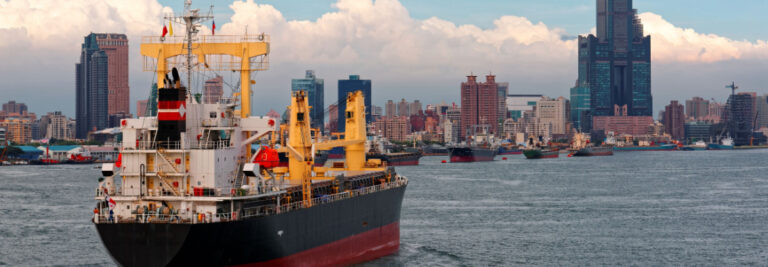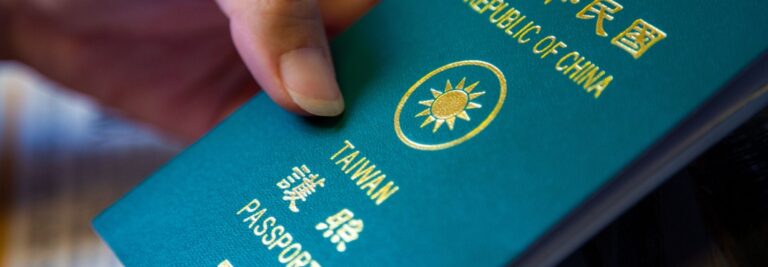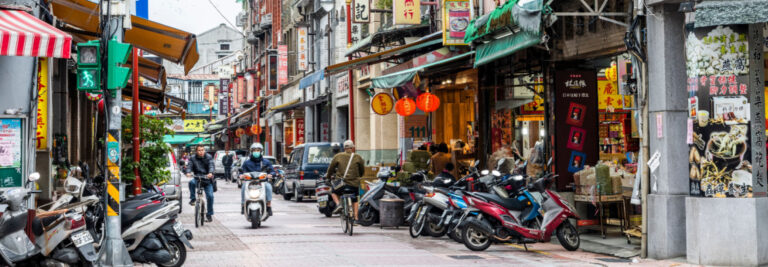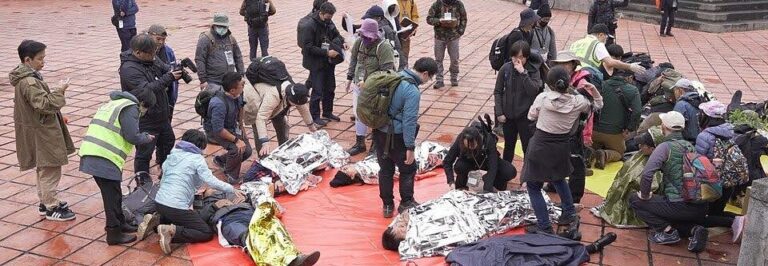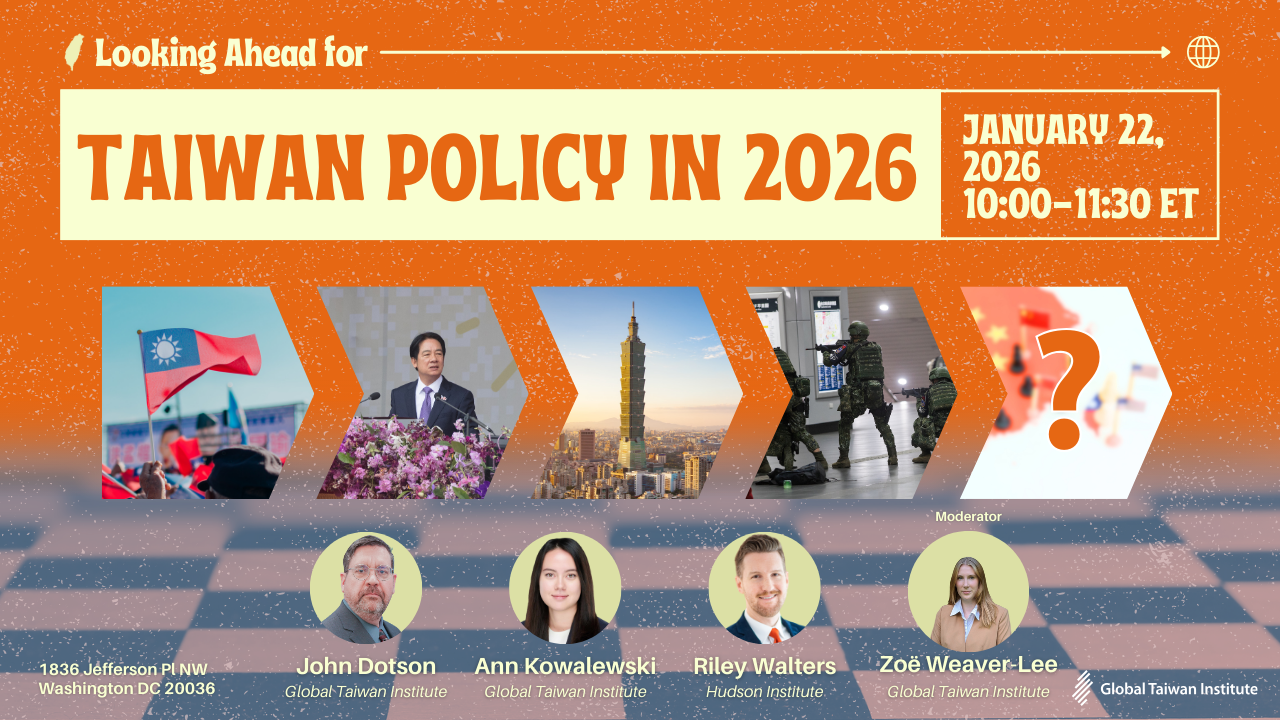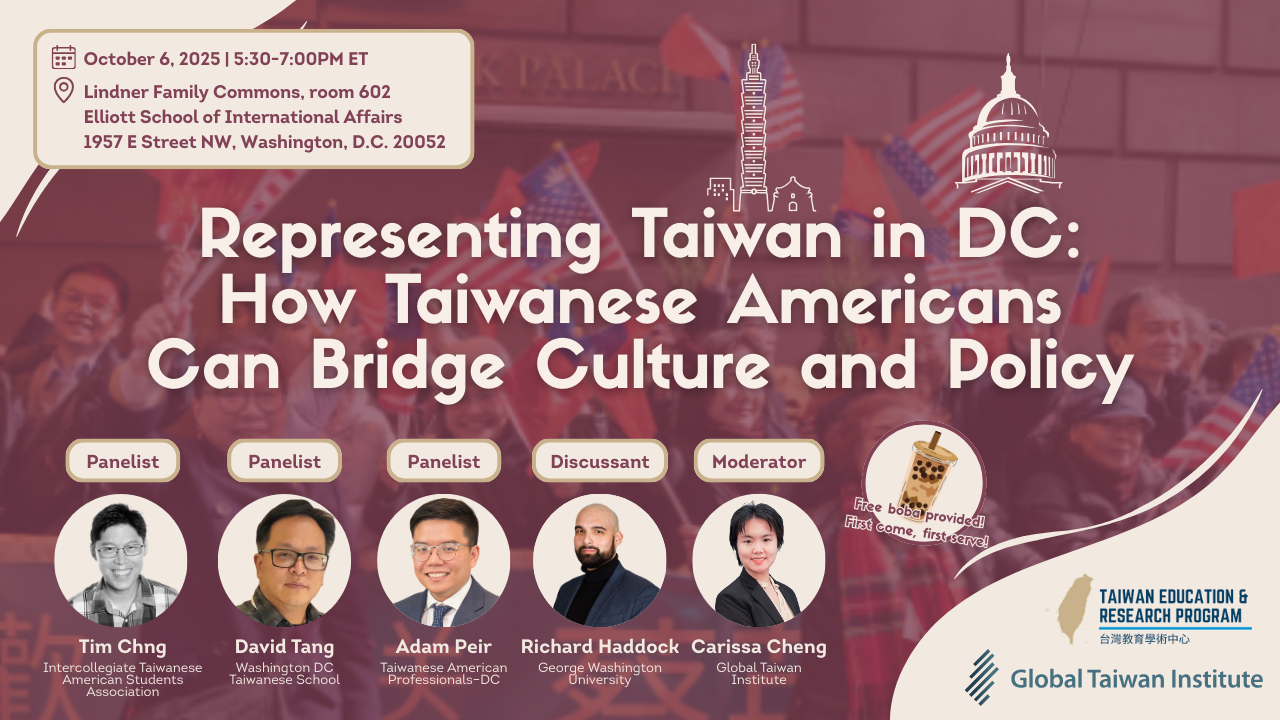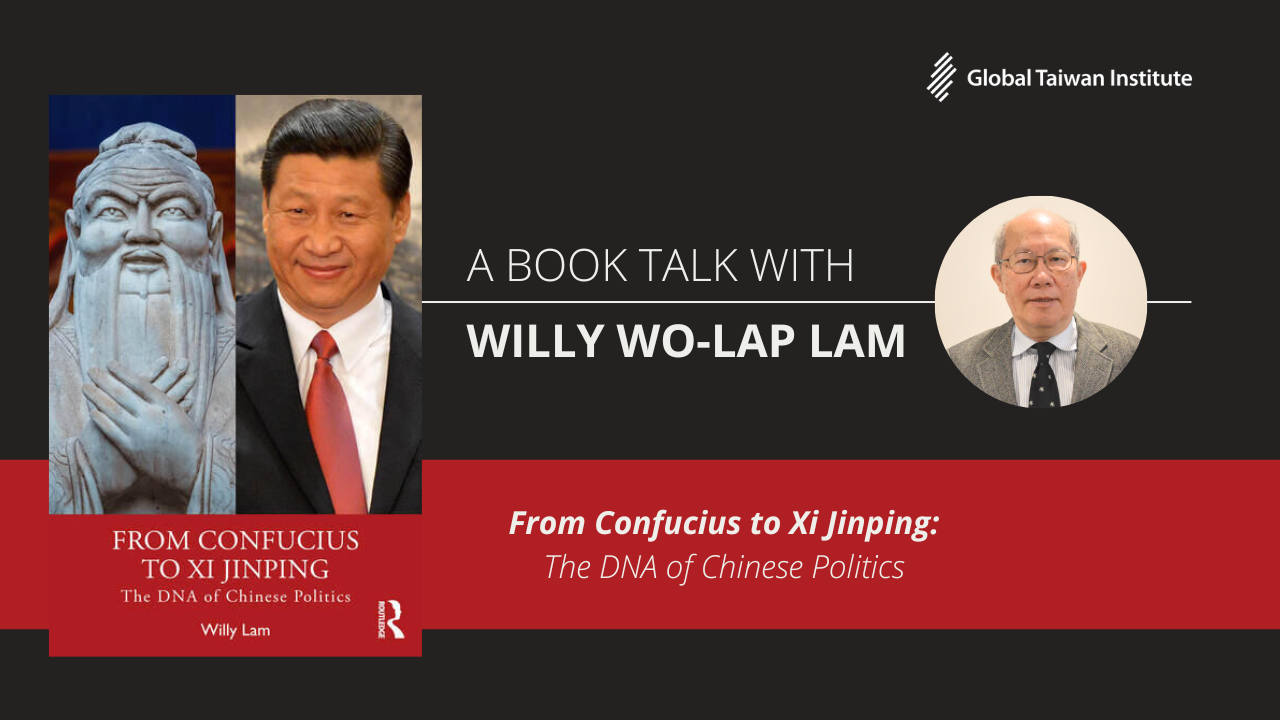By:
Riley Walters
On February 12, officials from the United States and Taiwan signed an Agreement on Reciprocal Trade (ART) (台美對等貿易協定) in Washington, DC. The ART is the most significant trade agreement between the United States and Taiwan in decades, and perhaps the closest thing the two countries will ever have to a bilateral trade agreement. The ART will eliminate or reduce trade barriers, and up to 99% of tariff barriers. It reflects a desire by both sides to promote the U.S.-Taiwan economic partnership through increased investment and commercial opportunities. But getting the ART approved by Taiwan’s legislature will be the greatest challenge before seeing this deal go into force.
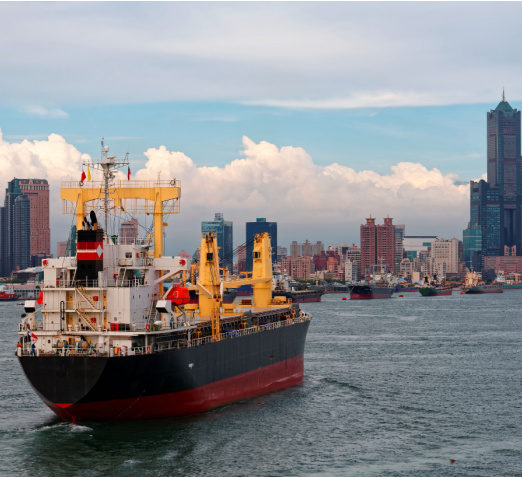
By:
Jing-han Chen
In 2025, several cases involving the revocation of residence rights held by Chinese immigrants drew public attention in Taiwan. Against the backdrop of escalating geopolitical tensions and concerns over potential annexation by the People’s Republic of China (PRC), immigrants from the PRC—who are mostly the spouses of Taiwan citizens—have come under increased scrutiny from both the Taiwanese general public and the government. In April 2025, Taiwanese authorities required Chinese immigrants to prove that they had relinquished their household registration in China.
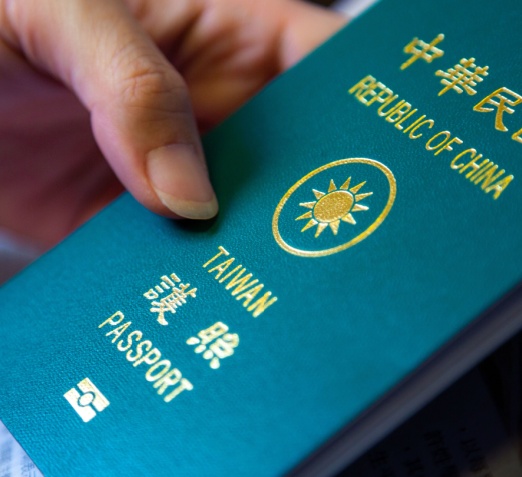
By:
James Jennion
With a military that has not seen large-scale active conflict since 1979, much remains unknown about how the armed forces of the People’s Republic of China (PRC) would conduct themselves in a modern conflict. While logistics, tactics, and the overall outcomes of a Taiwan contingency are all cause for further analysis, more focus is needed on how the Chinese military would act towards civilians in a conflict. China’s aggressive behavior towards Taiwan, and its refusal to rule out a military invasion of the island, mean it is important to consider the possible military conduct of the People’s Liberation Army (PLA) in relation to international humanitarian law (IHL)—which, among other things, aims to limit conduct harmful or deadly to civilians in conflict contexts. Taiwan’s highly urbanized population means that fighting would unavoidably take place in civilian areas, which means IHL would be highly tested in the event of any conflict. As such, the Taiwanese government and partners should implement rigorous strategies for raising international awareness of the civilian costs of a contingency to build condemnation and promote accountability.

LATEST RESEARCH AND ANALYSIS
By:
Muhammad Erza Aimar Rizky
By:
Benjamin Tkach
Vasabjit Banerjee
Public Seminars
Events focused on topics relating to Taiwan, Taiwan-US relations, cross-Strait relations, and Taiwan’s global policy. Seminars are free and open to the public.
View All Articles
PODCASTS
Our podcast consists of brief, timely interviews with a wide range of policy experts, including academics, government officials, and journalists
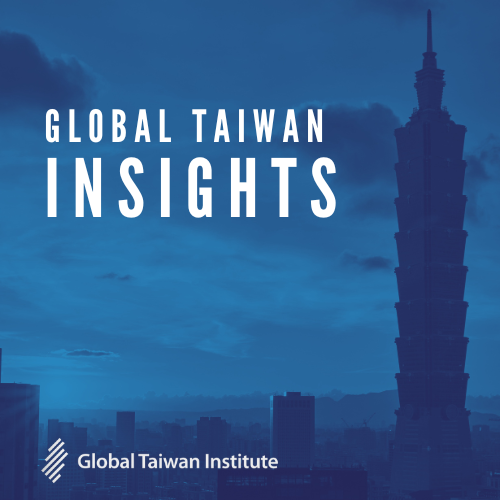
Global Taiwan Insights
Global Taiwan Insights (formerly GTI Insights) consists of brief, timely interviews with a wide range of policy experts, including academics, government officials, and journalists.

TAIWAN SALON
Taiwan Salon examines Taiwan’s cultural policy and approach to soft power from perspectives both inside and outside the government.
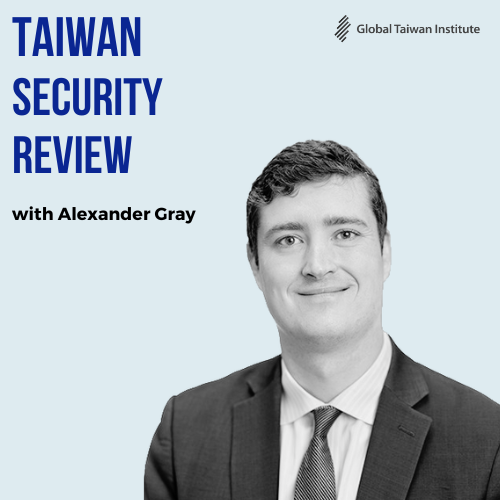
TAIWAN SECURITY REVIEW
Taiwan Security Review is a policy podcast produced by the staff of GTI. Hosted by GTI Senior Non-Resident Fellow Alex Gray

